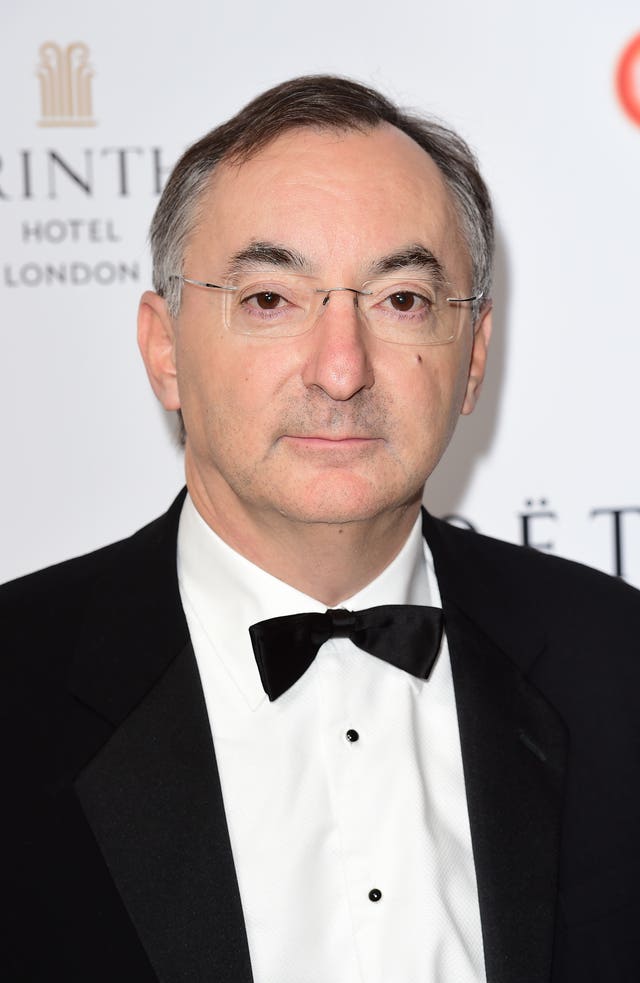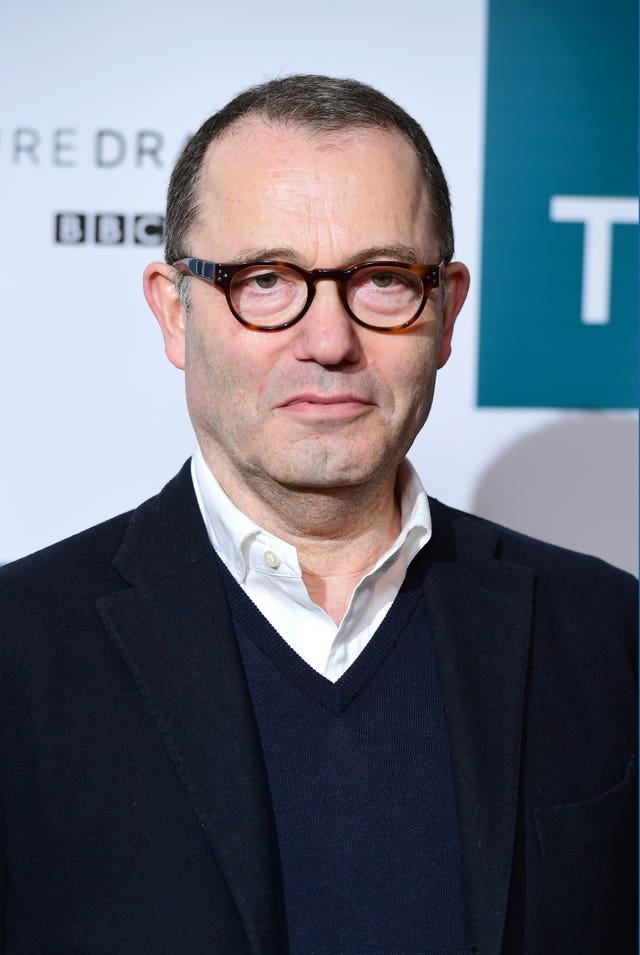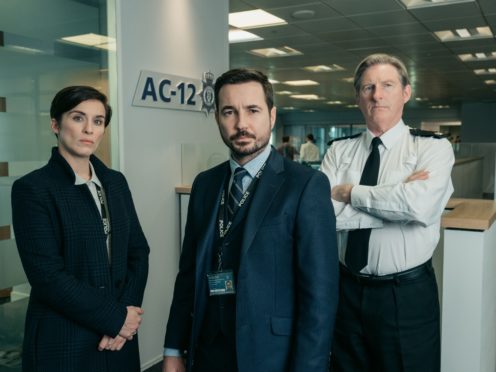TV experts have warned that UK drama faces “extinction” at the hands of platforms like Netflix.
It is claimed popular series like Line Of Duty could “vanish” from the media landscape.
Wolf Hall director Peter Kosminsky branded the rise of West Coast giants such as Amazon and Apple an “immediate crisis” for UK public service broadcasters and British programming.
The dramas hailed as central to British culture could vanish as talent is monopolised by US companies, experts predicted, unless there are moves to protect broadcasters such as the BBC, ITV and Channel 4.
Kosminsky, a long-time contributor to the BBC, said subscription video on demand (SVOD) services are starving the ability of UK talent to make truly local dramas, and creating a lopsided market.
Former HBO executive Sir Colin Callender said West Coast companies such as Amazon and Netflix have no interest in making British content, and are making the creation of shows for UK audiences more difficult.
Both TV experts spoke to the Lords Communications Select Committee about the future of public service broadcasters (PSBs) making drama.
Kosminsky warned the committee: “These dramas are a component of our cultural landscape. They are in real danger.
“We’re going to make less hours of TV drama, and in particular less UK-themed drama.
“It might well be the extinction of PSB drama as we know it.”

The director said that the budgets of SVODs have made it difficult to compete, and inflated the wages of cast and crew, drawing UK talent away from making drama at home.
He described the rise of streaming services as a “perfect storm for us in terms of reduction in the ability to meet our budgets”.
He said that while the US companies are focused on profit, public service entails quality and artistry as opposed to commerce.
The result, he claimed, is that while dramas continue to be made and distributed worldwide, they do not speak to British audiences.
Kosminsky said: “It is not about making stuff here that is the problem, it is the making of stuff about here that is the problem.

“What they are doing is starving our ability to make Three Girls, that the audience loved.
“What lies at the base of what we do, is artistic. We think of ourselves as artists, that is not the case there.”
Sir Colin added that the commercialism of the SVOD platforms seeks the largest audience, and will not provide British content speaking to British culture.
He claimed that the big digital companies are draining UK talent.
Sir Colin said: “The SVODs are interested in using British talent to make American programming. British programming will vanish with it.”
Both men suggested that a levy be extracted from the SVOD companies, forming a fund which can be recycled back into public service broadcasting.
